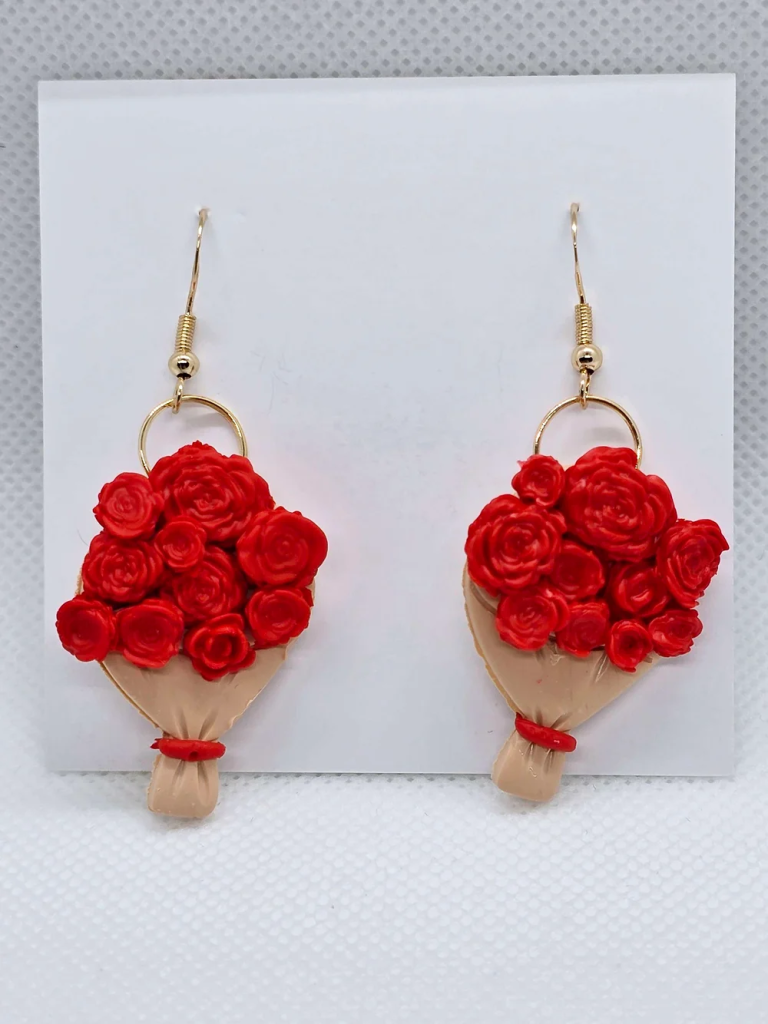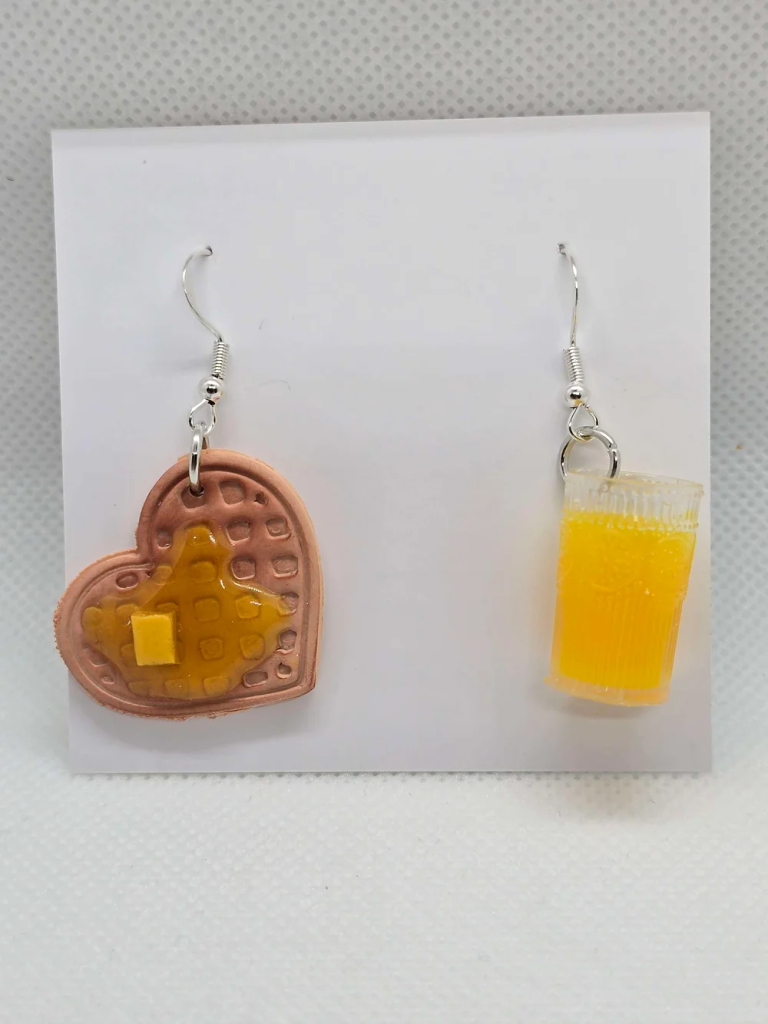Why Handmade Things Are Oh so very Special
- Leah Milsom
- Feb 2, 2025
- 4 min read
Updated: Apr 10, 2025
By Lelalo
Why Handmade Things Are Special
In a world increasingly dominated by mass production and automation, handmade items stand out as extraordinary and meaningful. These creations, whether they’re crafts, art, clothing, or furniture, carry a unique essence that machine-made products simply cannot replicate. Handmade things are imbued with personal effort, creativity, and individuality, making them treasures in an otherwise impersonal consumer landscape. Their specialness lies in their authenticity, connection to the maker, and the values they represent.

Uniqueness and Authenticity
Every handmade item is inherently one-of-a-kind. Even if the same person creates multiple pieces using the same technique or materials, slight variations make each piece distinct. These imperfections are not flaws; they are marks of authenticity that remind us of the human effort behind the creation. A hand-thrown ceramic mug may have subtle differences in its glaze or shape, while a hand-knitted sweater may feature a slightly uneven stitch.
These variations tell a story about the maker’s process and make the item feel alive in a way that a mass-produced counterpart never can.
Authenticity is another defining feature of handmade items. In an age where branding and marketing often overshadow the true origin of products, handmade goods stand as a refreshing contrast. You can often trace a handmade item back to its creator, knowing the care and intention that went into making it. This authenticity resonates deeply, as it allows people to feel connected to the source of their possessions.

Connection to the Maker
Handmade items create a direct link between the maker and the buyer or recipient. Unlike factory-made products, which are churned out by machines with minimal human touch, handmade goods carry the energy, skill, and personality of their creator. When you purchase a piece of handmade jewellery for example , you are not just acquiring an object; you are supporting an individual or a small business.
This connection is even stronger when the maker shares their story or process. Artisans often infuse their work with their culture, traditions, and experiences, which adds layers of meaning to the final product. For example, a woven basket may reflect techniques passed down through generations, while a hand-carved piece of jewellery might incorporate symbols with cultural or personal significance. Owning these items allows you to participate in a narrative that transcends the object itself.
Time, Effort, and Intention
The time and effort that go into handmade creations set them apart from machine-made goods. Each stitch, brushstroke, or hammer strike is a deliberate act, requiring focus, patience, and skill. This intentionality gives handmade items a sense of purpose and care that is difficult to find in mass production.
When you hold a handmade object, you can often sense the hours of labour that went into its creation. For instance, a handwoven rug might take weeks or even months to complete, with each thread carefully placed by the artisan. The knowledge that someone dedicated their time and passion to crafting the item makes it all the more special.
Sustainability and Ethical Values
Handmade items often align with values of sustainability and ethical consumption. Many artisans use locally sourced or environmentally friendly materials, reducing the carbon footprint associated with production. Additionally, handmade goods are typically crafted in small batches, avoiding the waste that comes with overproduction in large factories.
By choosing handmade products, consumers can support ethical labour practices. Unlike mass production, which often relies on exploitative labour, handmade goods are typically created by individuals who take pride in their work and are fairly compensated for their efforts. This ethical dimension makes handmade items feel like more than just purchases; they become investments in a better world.
Emotional Resonance
Handmade items often carry emotional significance, especially when given as gifts. A handmade present—be it a piece of art, a knitted scarf, or a handwritten card—shows a level of thoughtfulness that cannot be matched by something store-bought. The maker’s personal touch transforms the item into a heartfelt expression of care and love.
For the maker, the process of creating something by hand can also be deeply fulfilling. Crafting offers an opportunity to pour one’s emotions, creativity, and individuality into the work. When shared with others, these creations carry a piece of the maker’s spirit, fostering meaningful connections between people.
Preservation of Tradition and Craftsmanship
Handmade items often preserve traditional techniques and craftsmanship that might otherwise be lost in an age of automation. From hand-carved wooden furniture to intricate embroidery, these skills are passed down through generations and serve as a testament to human ingenuity. Supporting handmade goods helps ensure that these traditions continue to thrive, allowing future generations to appreciate the artistry and heritage they represent.
Conclusion
Handmade items are special because they embody so much more than their physical form. They are unique, authentic, and infused with the time, effort, and passion of their creators. They foster connections between makers and consumers, promote sustainability, and often carry emotional and cultural significance. In a world where convenience often overshadows meaning, handmade creations remind us of the beauty of human creativity and the value of cherishing the personal touch. Whether you are crafting something yourself or supporting an artisan, embracing handmade goods is a celebration of individuality, effort, and the timeless art of making.

Comments